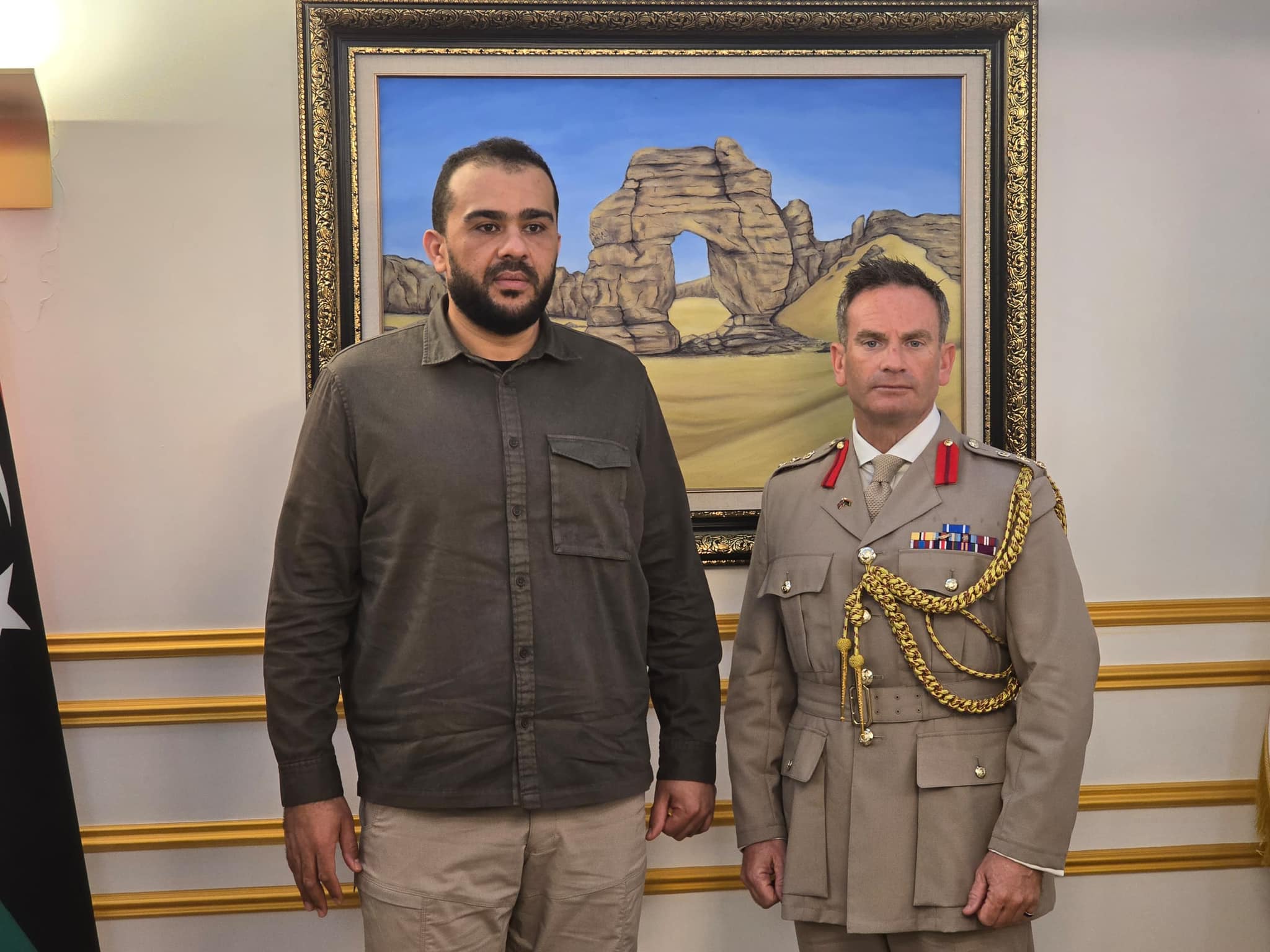

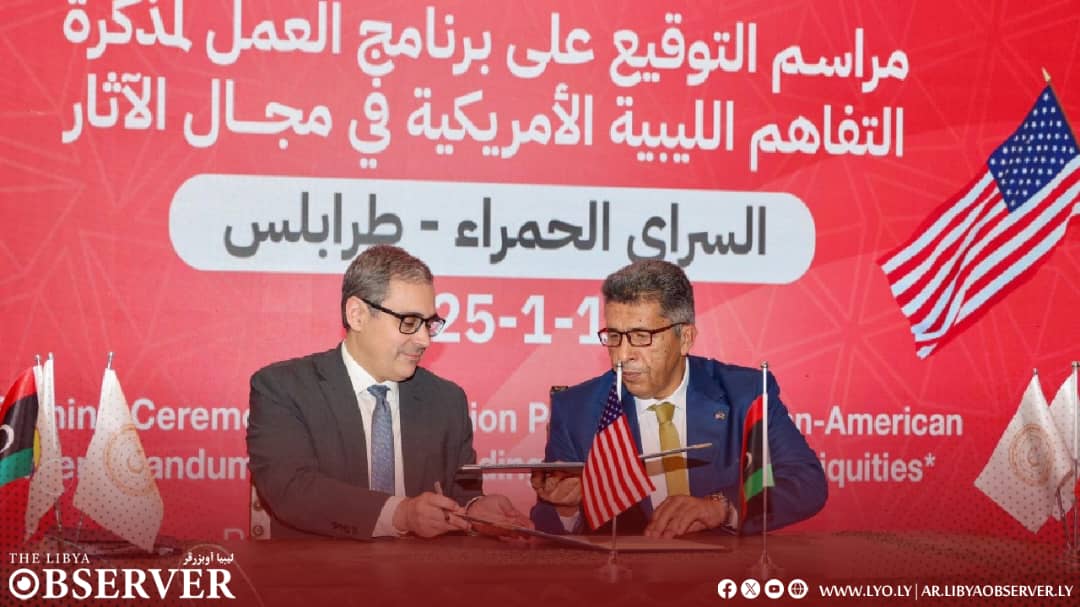
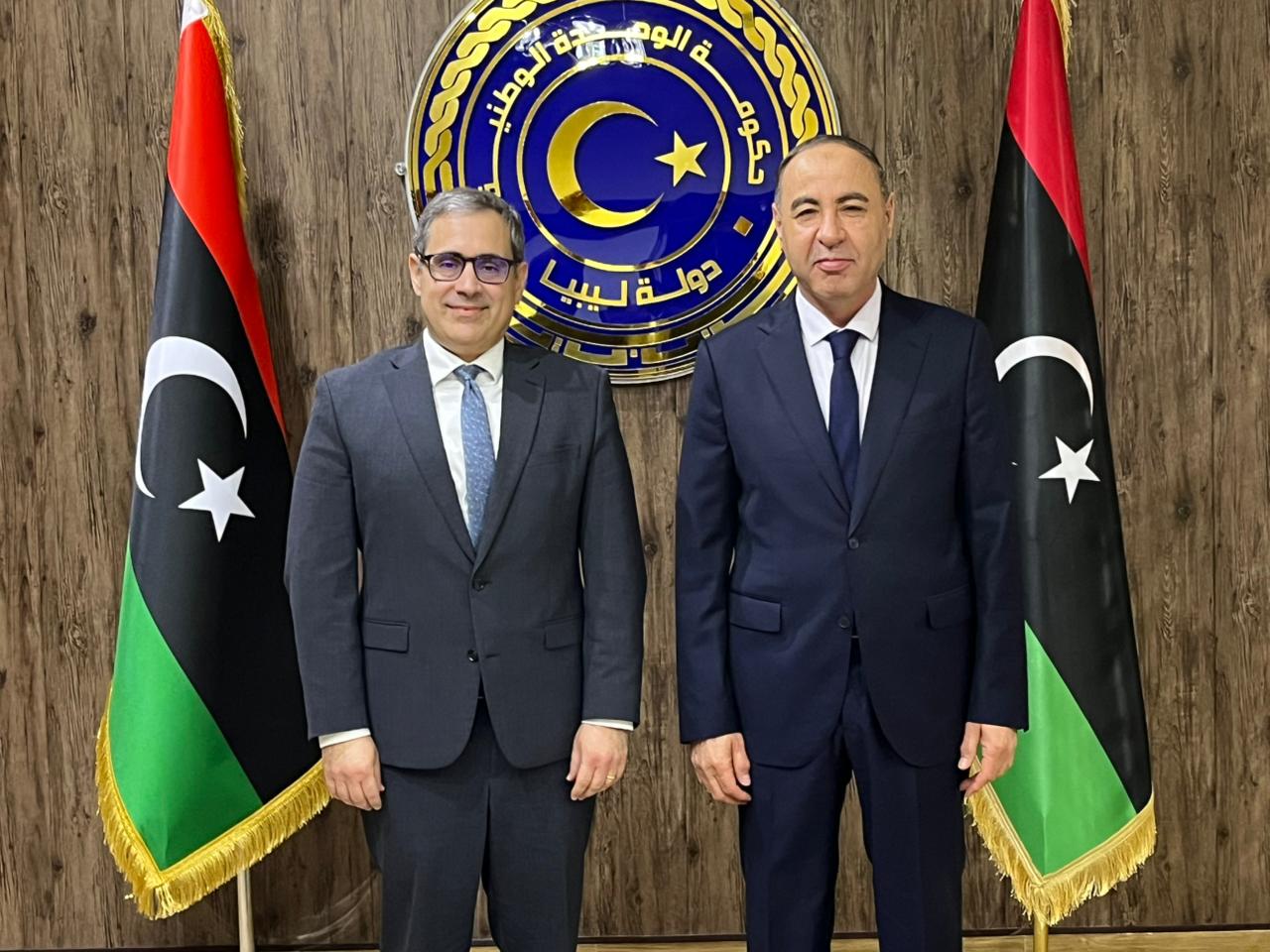
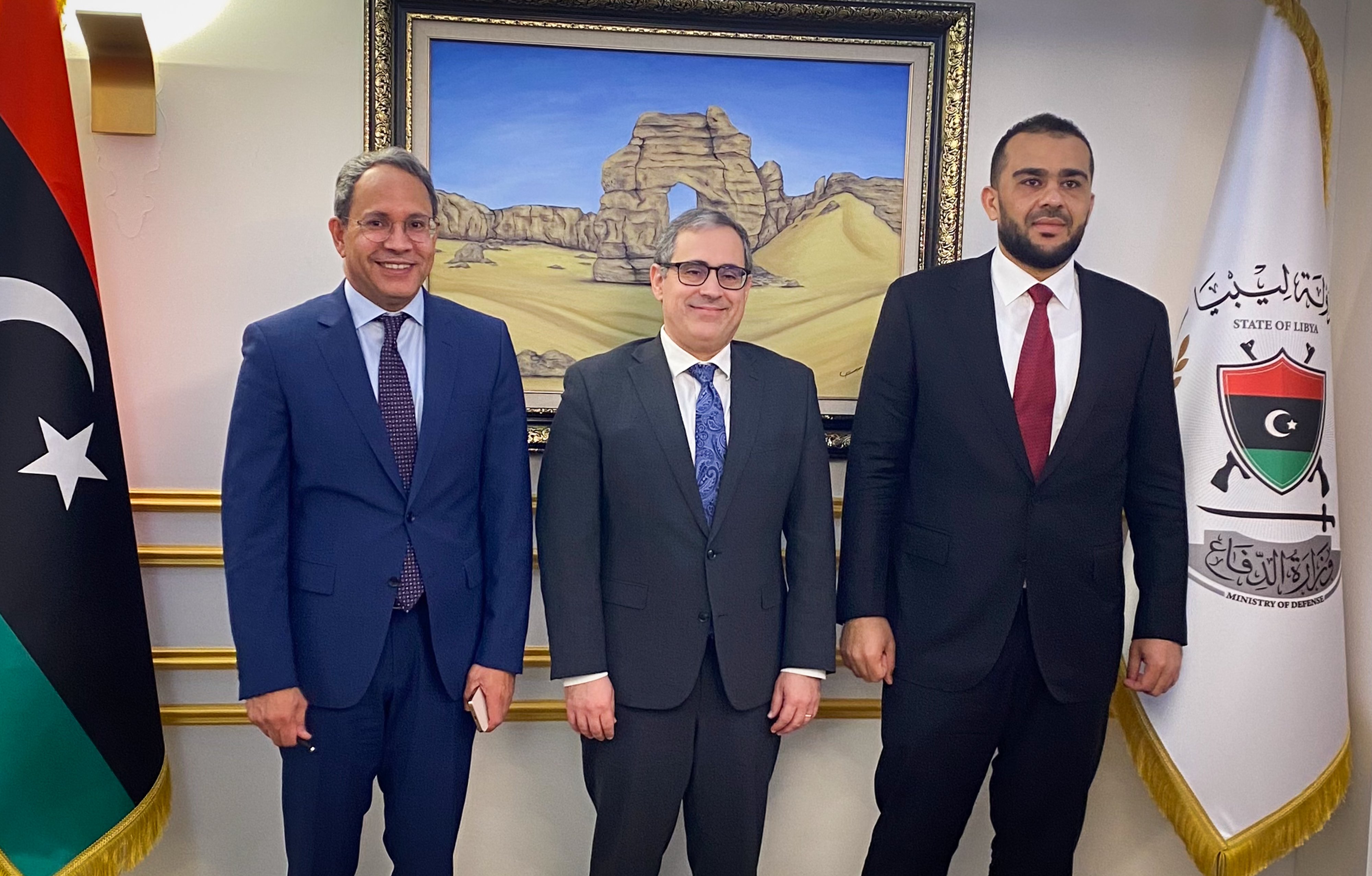
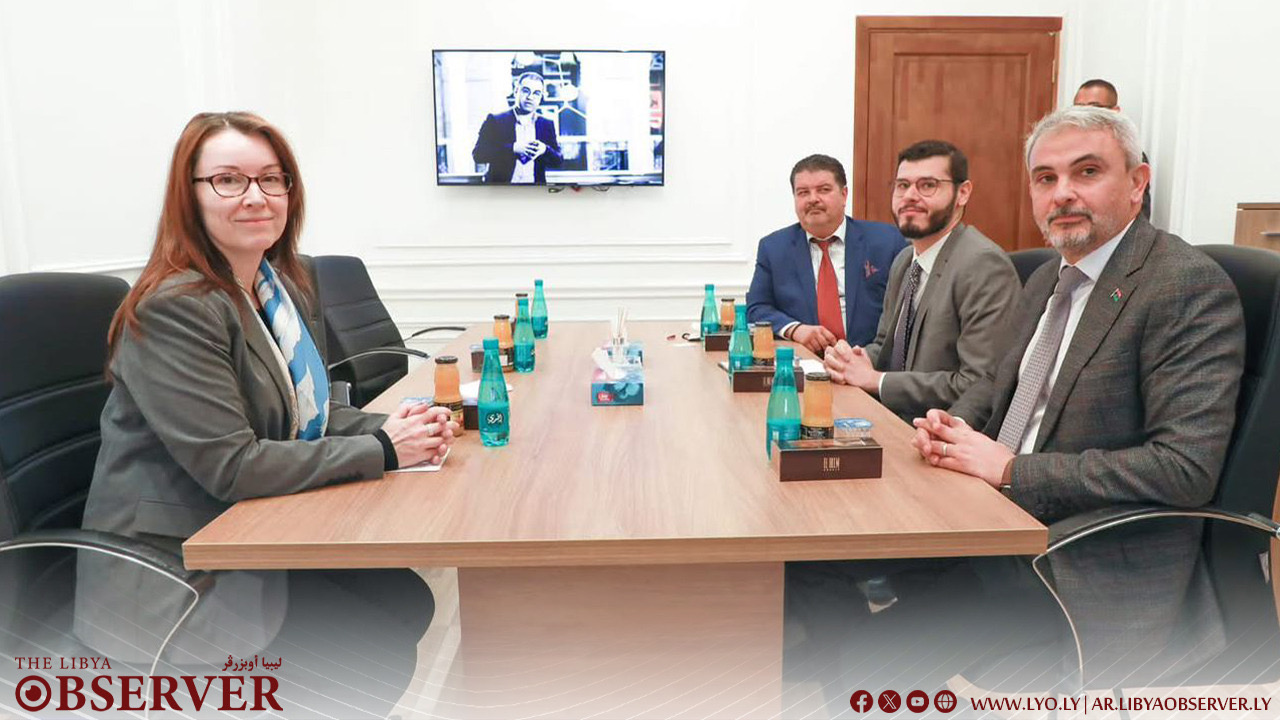
On January 27, 2025, Abdul Salam Al-Zoubi, the Undersecretary of the Ministry of Defense in Libya, met with the UK Defence Attaché to discuss enhancing defense cooperation between the two nations. This meeting focused on reviewing training programs and efforts to bolster the capabilities of the Border Guard and Coast Guard, which are critical in addressing security challenges in Libya [3bb23362].
This dialogue aligns with ongoing international efforts to secure Libyan borders, particularly in the southern regions, where the threats of terrorism and illegal immigration are prevalent. Previous discussions between the British military attaché and Libyan military leaders in Tripoli and Benghazi have also concentrated on these pressing issues, reflecting a shared commitment to enhancing Libya's security framework [3bb23362].
In a broader context, on January 18, 2025, Libya and the United States took significant steps to enhance their bilateral relations through military and cultural initiatives. Acting Minister of Foreign Affairs Taher Al-Baour met with US Chargé d'Affaires Jeremy Berndt to discuss recent political developments and strengthen cooperation. Al-Baour emphasized the Government of National Unity's commitment to a democratic state, while Berndt reaffirmed the US's dedication to promoting peace and stability in Libya [fddc4b77].
Additionally, a military agreement finalized on December 19, 2024, between Libya's Ministry of Defence and the United States aimed to enhance the capabilities of the Libyan Air Force. This included plans for joint training programs and strategic military initiatives for 2024, showcasing a robust commitment to military cooperation [3dbfe12c].
On January 21, 2025, the United States completed a three-day conflict resolution training program for local leaders in Murzuq, Libya, organized by USAID in partnership with the American Bar Association. This initiative was in response to Murzuq’s request for assistance and emphasized consensus-building practices among local stakeholders [2d118757].
These developments reflect Libya's multifaceted approach to strengthening its governance and enhancing its defense capabilities. The US Embassy characterized the military discussions as productive and emphasized the importance of collaborative defense initiatives, while the cultural agreement with the US underscores a commitment to protecting Libya's rich heritage [3dbfe12c][952955d5]. As Libya navigates its complex political landscape, these initiatives signal a potential shift towards greater international cooperation in both defense and cultural matters [75617172].